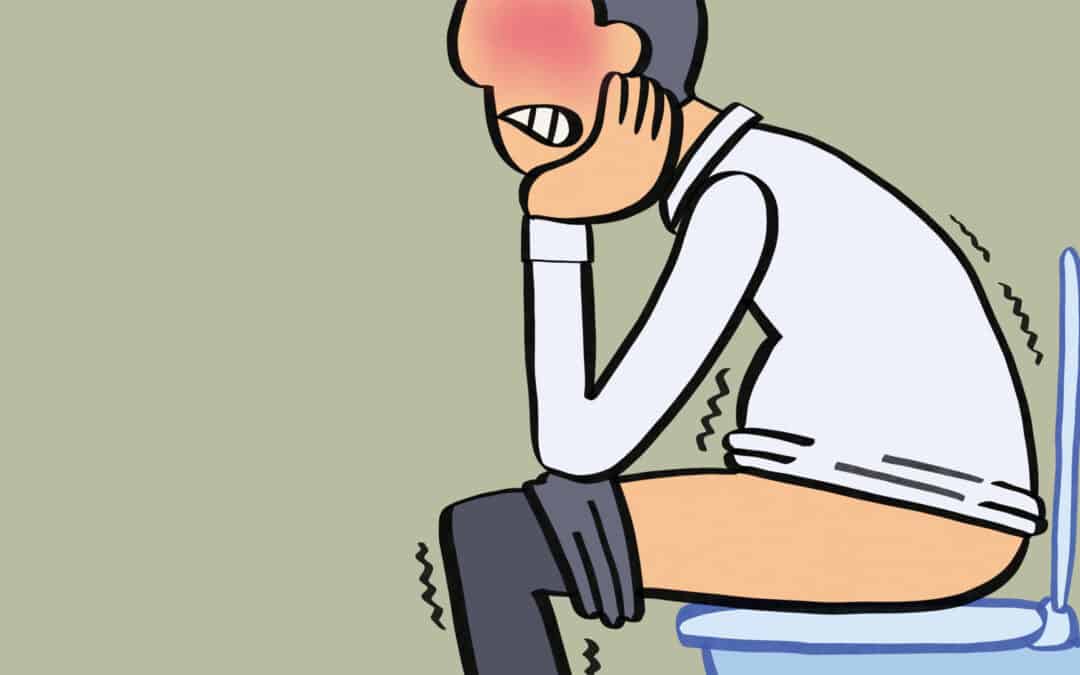The best entrepreneurs have always had new ideas. But before an idea could gain traction and be monetized, it always caused offence.
„The electric light can’t compete with the gas lamp, the oil lamp or candles,“ the competing companies sneered just before the 20th century. And doctors once warned people about the speed of the steam engine. „A speed of over 20 km per hour will cause serious damage to man.“ In the beginning, every decent German citizen swore never to fall for American food culture, aka the hamburger. Nobody believed in the computer or the smart phone for everyone at home, office or in a coffee either, or in the fact that you don’t pick up your money in the bank, but on its outside wall – consumers complained loudly about that, too- at first.
In most cases, it is much more difficult to believe in an idea than to come up with one. But this is precisely what gives us the opportunity to assert ourselves in a market of „copycat“ products. Even if the sales department thinks the new idea could scare away the old customers or weaken the cash cow, even if the sales manager’s wife thinks it doesn’t fit in with the style of the house and is too expensive… even if the advertising agency continues to demand full control over the product and all communication channels, and the very thought of a strange, possibly anonymous user taking over this function in the future scares them … and even if the cleaning lady who stumbled over it once grumbles that „nobody needs this stuff anyway“…
For a long time now, no one has needed anything (except food, sex and winter-proof clothing). But having a need! Communication is responsible for that feeling. Those who really need something will buy. For the need in question and the creation of a specific need, one requires advertising. But when it comes to wanting, the „catalogue“ looks considerably different. Do not create expectations (bigger, faster, better…) Satisfy needs (driving in a way that conserves resources, minimally invasive intervention, packaging in an environmentally friendly way…)
Follow us on our blog “Think before doing”

